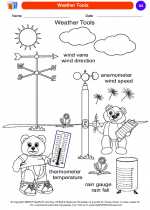Evaporation
Evaporation is the process by which a liquid, such as water, changes into a gas, such as water vapor. This occurs when the molecules in a liquid gain enough energy to break free from the liquid and become a gas. This process is commonly observed in the natural environment, such as when water evaporates from a puddle, a lake, or the surface of the ocean.
Factors Affecting Evaporation
Several factors can affect the rate of evaporation:
- Temperature: Higher temperatures generally lead to increased evaporation as the molecules in the liquid gain more energy.
- Surface Area: A larger surface area leads to increased evaporation, as more molecules have the opportunity to escape from the liquid.
- Humidity: Lower humidity levels result in faster evaporation, as the air has more capacity to hold additional water vapor.
- Wind: Wind can increase the rate of evaporation by carrying away water vapor from the surface of the liquid.
Importance of Evaporation
Evaporation is an important part of the water cycle, where water evaporates from bodies of water, is transported through the atmosphere, and eventually condenses to form clouds and precipitation. It also plays a crucial role in cooling, as evaporation of sweat from our skin helps to regulate body temperature.
Study Guide
To better understand the concept of evaporation, you can consider the following study guide:
- Define evaporation and explain the process in your own words.
- Identify and describe the factors that can affect the rate of evaporation.
- Discuss the importance of evaporation in the water cycle and its impact on the environment.
- Observe and document instances of evaporation in your surroundings, such as the drying of wet clothes or the formation of condensation on a cold surface.
- Conduct a simple experiment to demonstrate the effect of temperature on the rate of evaporation using containers of water placed in different environments (e.g., at room temperature and in direct sunlight).
[Evaporation] Related Worksheets and Study Guides:
.◂Science Worksheets and Study Guides Kindergarten. Weather

 Coloring Worksheet
Coloring Worksheet
 Coloring Worksheet
Coloring Worksheet
 Coloring Worksheet
Coloring Worksheet
 Coloring Worksheet
Coloring Worksheet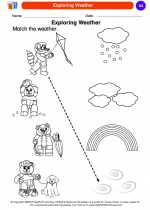
 Coloring Worksheet
Coloring Worksheet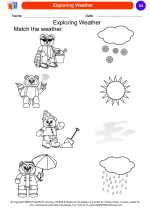
 Coloring Worksheet
Coloring Worksheet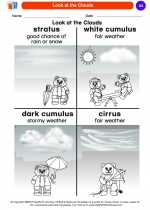
 Coloring Worksheet
Coloring Worksheet
 Coloring Worksheet
Coloring Worksheet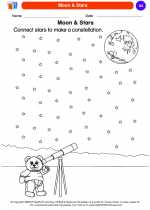
 Coloring Worksheet
Coloring Worksheet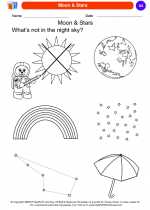
 Coloring Worksheet
Coloring Worksheet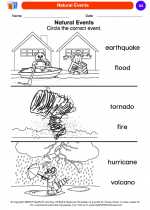
 Coloring Worksheet
Coloring Worksheet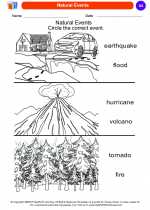
 Coloring Worksheet
Coloring Worksheet
 Coloring Worksheet
Coloring Worksheet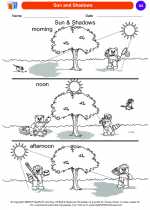
 Coloring Worksheet
Coloring Worksheet
 Coloring Worksheet
Coloring Worksheet
 Coloring Worksheet
Coloring Worksheet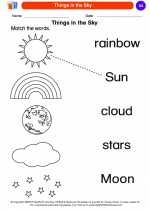
 Coloring Worksheet
Coloring Worksheet
 Coloring Worksheet
Coloring Worksheet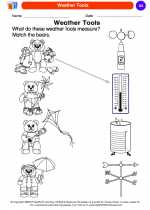
 Coloring Worksheet
Coloring Worksheet